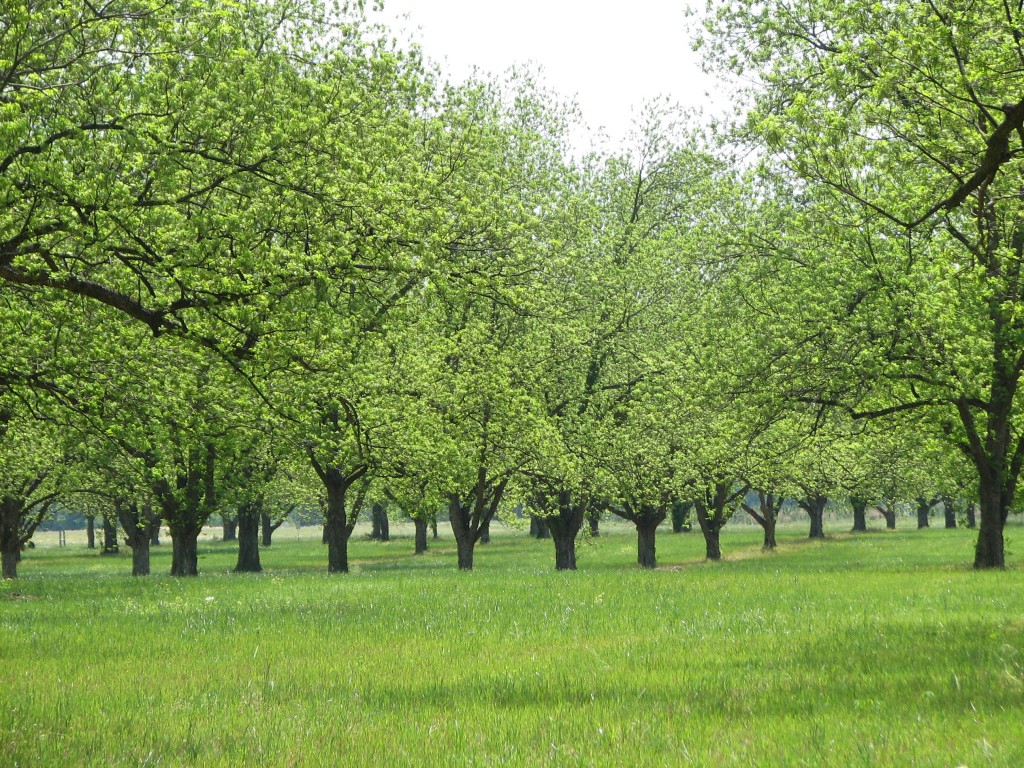South Georgia has been hit pretty hard yet again by several rounds of storms which spawned multiple destructive tornadoes. In addition to the many homes destroyed, pecan orchards have taken a hit from these storms leaving growers with many trees down and limbs broken. Growers with damage to their orchards need to take photos of the damage and report it to their local FSA office in order to receive financial assistance with cleanup. Cleanup funds normally pay 75% of the USDA-set cost of a mature tree ($300) up to a maximum of $200,000 per entity. Younger trees will be valued at varying levels depending upon age.
In addition, the Tree Assistance Program (TAP) will pay for tree loss when 15% or more of the orchard is destroyed. This pays 65% of the cost of the tree up to a maximum of $120,000 per entity.
This money is not available immediately but your FSA office will gather your report. Requests for cleanup funds are made to Congress and they will then appropriate the funds so it may take a while.
We’ve had reports of ambrosia beetles attacking young trees in south GA recently. This is no surprise with the very dry late summer/fall and very mild winter we’ve had. The severe weather lately will likely make trees more vulnerable than usual where flooding rains and wind have really stressed some orchards. Trees that stand in water for long periods, especially when they are breaking bud and trying to leaf out, are very attractive to the beetles. Growers should be checking young trees regularly for frass toothpicks that indicate ambrosia beetle attack. It is also a good idea to have some traps out around those young orchards so you will know when the beetles are active. Cold weather will slow or stop the beetle flight temporarily, but we can probably expect to see activity pick back up as soon as warmer temperatures return. See link here for description of management.
Anyone planning to plant trees this year should try to get the trees in the ground no later than mid-February to aid in recovery from transplant shock before budbreak and warm weather arrives. Trees planted late become more stressed and have a harder time recovering from transplant shock.
